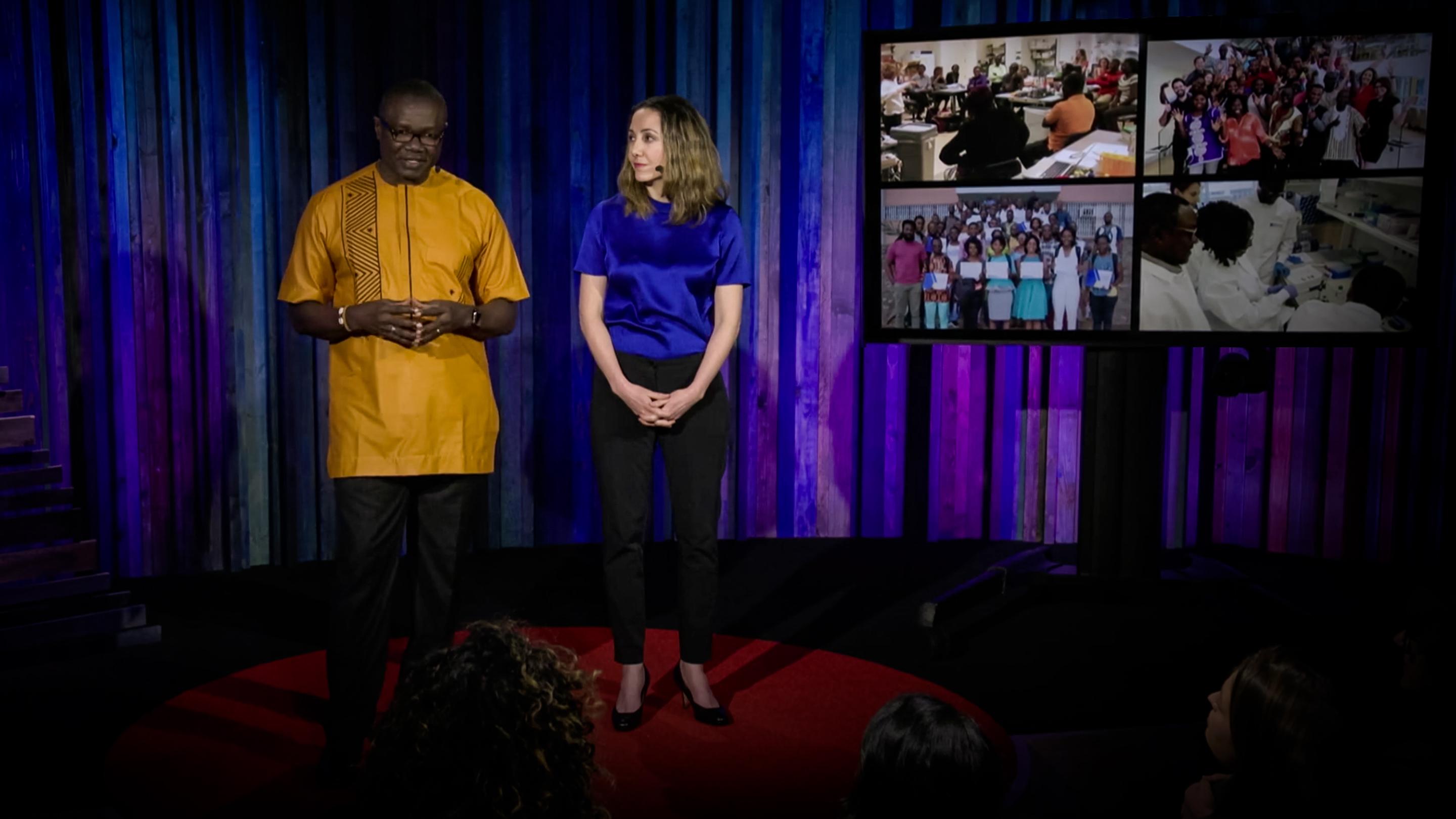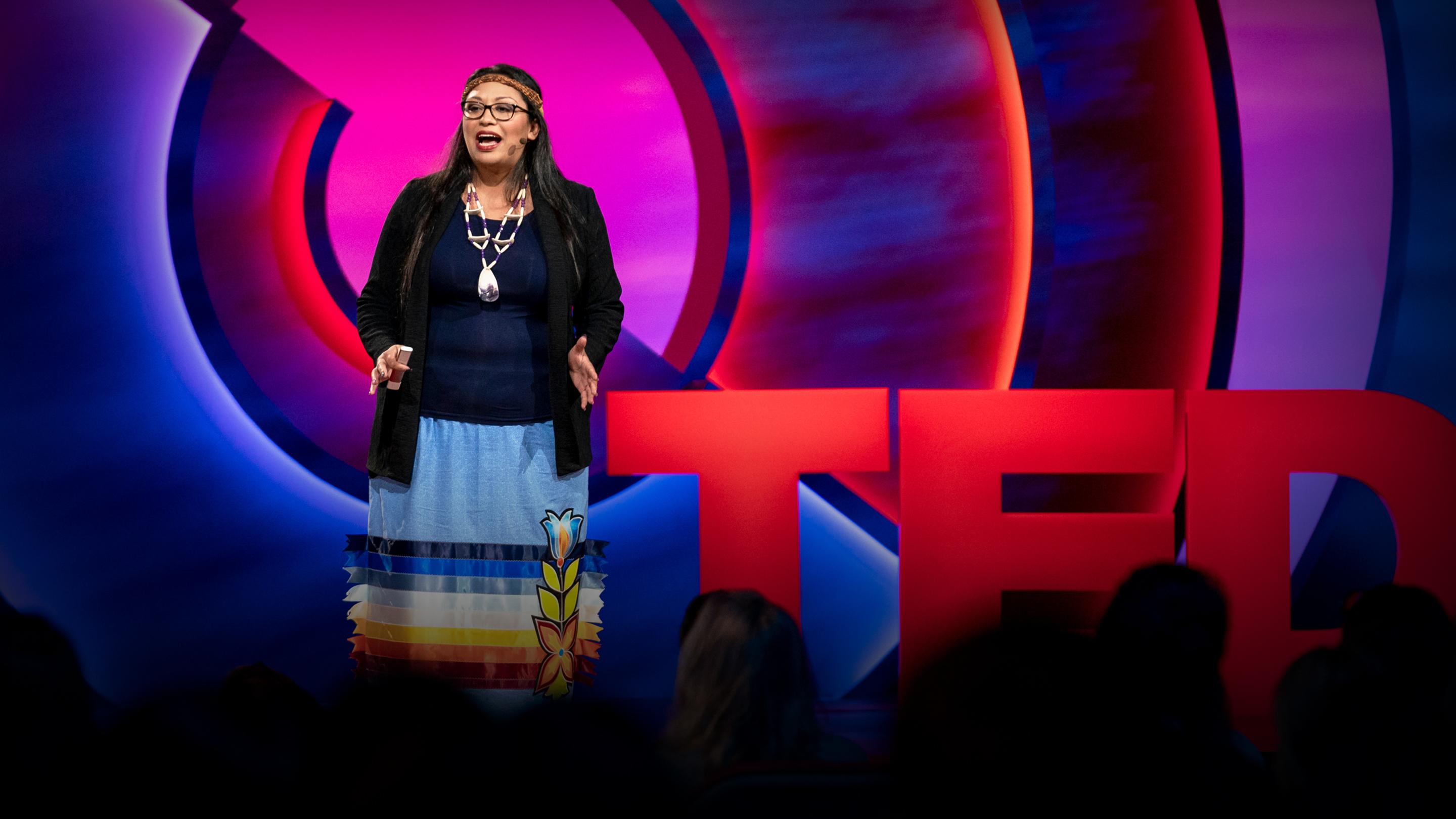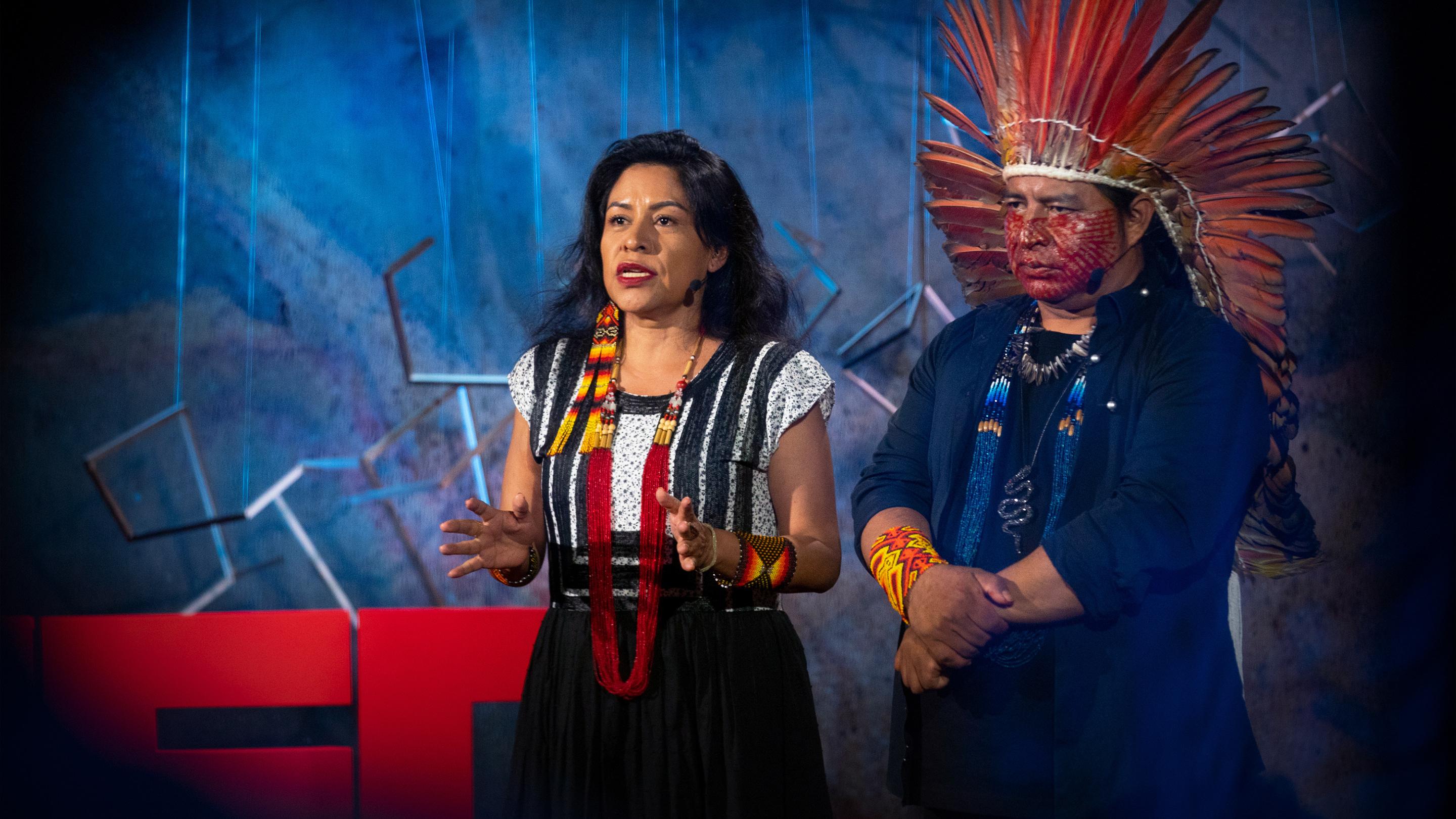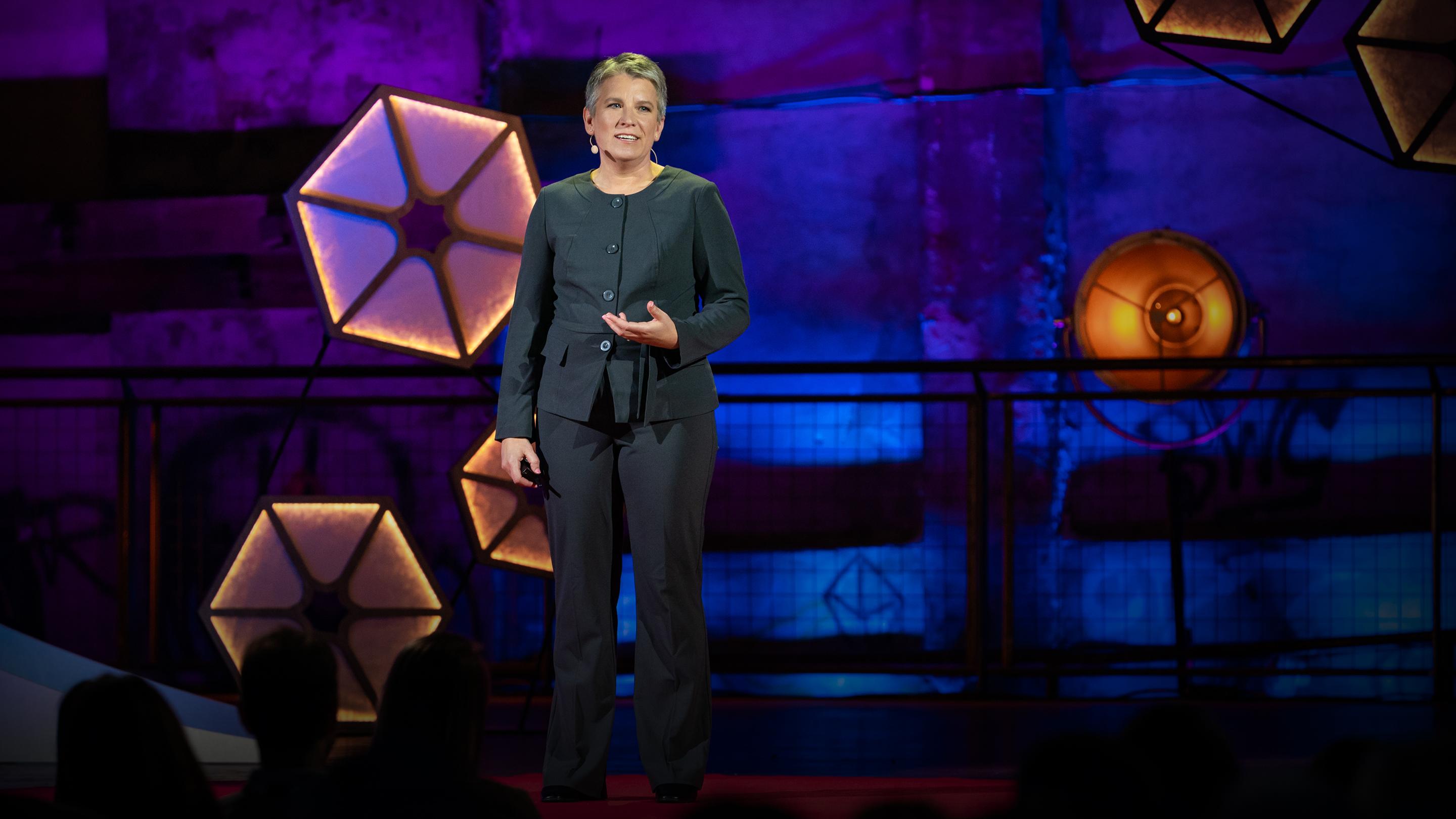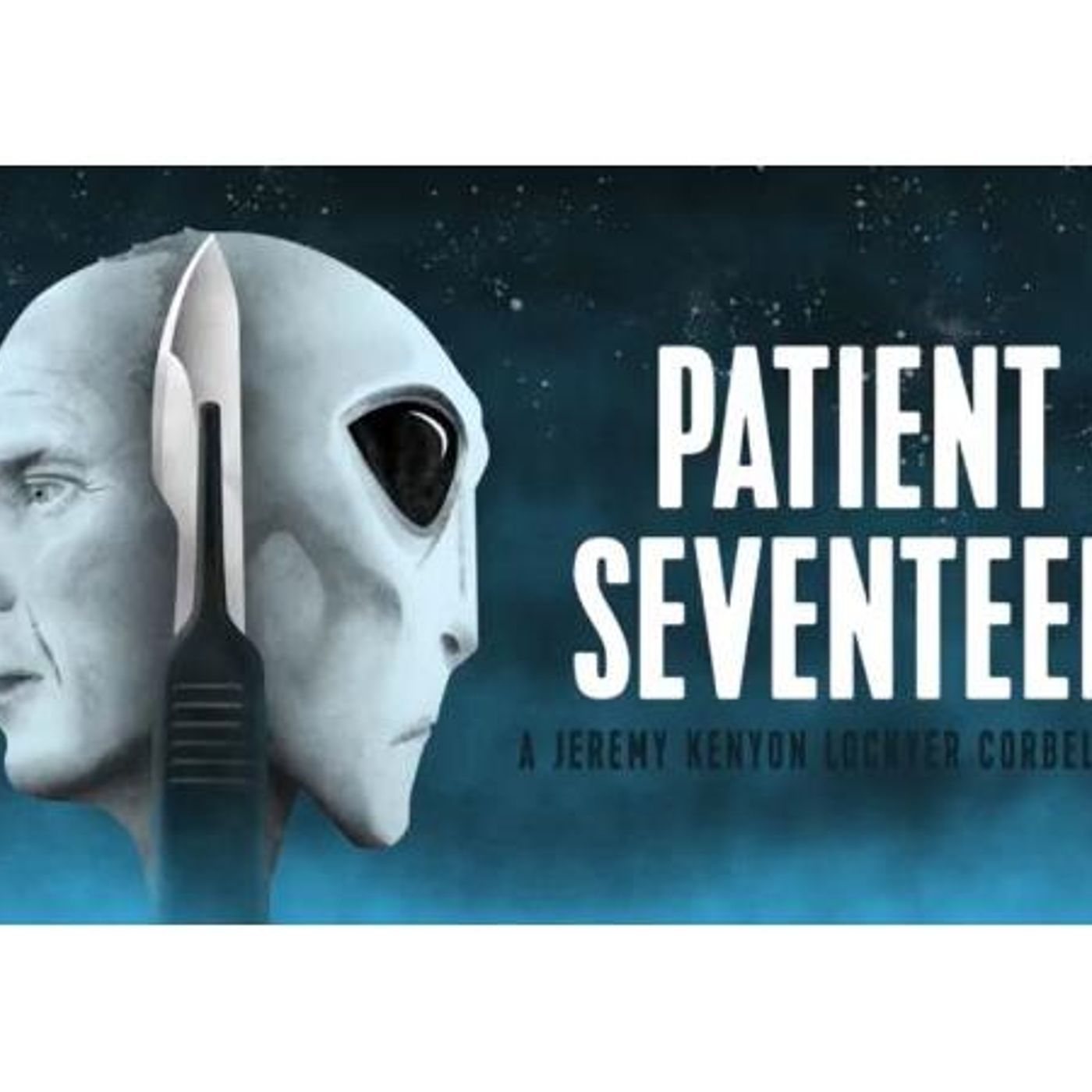Ep 211: Everyday Risks We Take with Our Teen’s Health
Dr. Robert Lustig, author of Metabolical: The Lure and the Lies of Processed Food, Nutrition, and Modern Medicine, joins us to talk about how sugar and processed foods really affect our kids. Plus, how we can make a shift towards a healthier lifestyle.If you've enjoyed Talking to Teens, we'd love if you could leave us a five-star rating, and if you have time, a review! Full show notesWhen life gets stressful and busy, convenient processed foods can be an easy fix. If you’re already late for work and your teen is scrambling to get out the door in the morning, frozen waffles or fruit loops are suddenly much more realistic than scrambled eggs and fruit. When you’re exhausted coming home from work, it can feel impossible to do anything more than throw some pizza rolls in the oven for the kids and pour yourself a glass of wine.But these processed foods aren't just slightly bad for your health–they can be downright poisonous for you and your family. The refined sugars and lack of nutritional benefits in these convenience foods causes serious damage to the digestive system and contributes to the development of metabolic diseases like heart disease, diabetes and more.If we want to take care of our kids’ health (and our own), our families have got to start eating better. To learn how, we’re talking to Dr. Robert Lustig, author of Metabolical: The Lure and the Lies of Processed Food, Nutrition, and Modern Medicine. Dr. Lustig is an Emeritus Professor of Pediatrics in the division of Endocrinology at the University of California San Francisco. He lectures globally about health and is the best selling of several other books about nutrition.In our interview, Dr. Lustig and I are covering the surprising science behind our sugary diets–and why it's so essential that we change our eating habits. Plus, why our families should be consuming more fiber, and why today’s kids are so addicted to junk food.The Sugar ProblemWhen we think of sugary foods, we often envision donuts or candy…but there are all kinds of sugars in processed foods. In fact they’re usually the number one ingredient, hiding under names like “high-fructose corn syrup,” says Dr. Lustig.All this sugar in our diet is causing insulin resistance in our bodies, Dr. Lustig explains. This means we’re often overproducing insulin to compensate. As a result, humans are developing kinds of metabolic health issues–everything from polycystic ovary syndrome to cancer. All this insulin can also cause us to be pretty sluggish, Dr. Lustig explains. If your kid is chronically exhausted, high insulin might be the culprit.Insulin isn’t all bad! We still need it in our bodies to function normally, says Dr. Lustig, and without it, we'd have type one diabetes. But with all the sugar we tend to eat these days, our insulin levels are a lot higher than they should be, leading to poor health and chronic conditions. While exercise can help improve our health, nothing can fix this high insulin crisis except changing our diets, says Dr. Lustig. This is especially true for teens who are still growing and need all the nutrients they can get! So what changes can we make to our diets to bring our insulin levels down and restore our body’s healthy diets? As you might be able to guess, cutting out sugary and processed foods is step one, according to Dr. Lustig. This means cutting out things like chips, processed breakfast cereals, and soda.But what about diet sweeteners? Dr. Lustig explains that while these fake sugars are about half as toxic as sugar itself, they’re still not a good idea! Teens would be better off cutting soda and other “sugar-free” treats out altogether.Once we've cut these foods out, what can we eat instead? One incredibly important nutrient our families should be eating more of is fiber! Dr. Lustig and I dive into what fiber actually is and why it’s so good for us.The Power of FiberYou may have heard that fiber is good for you… but what is fiber exactly? Dr. Lustig explains that fiber is often found in fruits, vegetables, and pretty much anything else that comes out of the ground! Fiber is especially important because it feeds our microbiome. In our guts, there are trillions of bacteria that break down our food and regulate what goes into our bloodstream. Our bodies don’t absorb fiber the way it typically absorbs other foods. Instead fiber feeds this bacteria in our guts and keeps our microbiome healthy. Without fiber, our bacteria eats away at our intestinal lining instead…causing irreparable damage to our digestive system. This means bad proteins can slip through the gut into the bloodstream, causing inflammation, leaky gut, and more! If we want our insulin to stay down and our digestion to remain healthy, we’ve got to eat more fiber, says Dr. Lustig. Educating our kids on why fiber is essential to their health might help even the most unenthusiastic teens pick up a vegetable or two.Why is it that kids are so resistant to eating healthy, nutritious foods? Dr. Lusting and I are diving into this dilemma in our interview.Junk Food and Public SchoolsIf you’ve walked through the cereal aisle at your local grocery store, you know that most of the sugary, processed products are covered in cartoon characters and bright colors meant to draw kids in. And although teens may have grown out of that kind of stuff, they’re likely still hooked on the cereal inside the boxes. By targeting young kids, these companies have created an addiction to sugar that often continues into young adulthood, says Dr. Lustig.Our school system isn’t helping, Dr. Lustig explains. Every kid’s birthday is suddenly a cause for cupcakes, cookies, pizza and soda….and every day is a different kid’s birthday! Not to mention that America’s #1 vendor of fast food is the public school system. Kids are constantly fed fried chicken, sugary drinks, and processed sweets instead of fresh, healthy food. This is largely due to the measly budget of $2.80 the government provides for each student’s lunch!Junk food in schools isn’t just causing health problems, but damaging kids’ cognition! These high-sugar foods starve kids’ cells of nutrients, making it impossible for those cells to deliver chemical energy to kids’ brains.In the episode, Dr. Lustig explains how healthy lunches are the key to keeping our kids focused and active. In the Episode…Dr. Lustig is full of valuable advice! On top of the topics discussed above, we also talk about…How sugar affects kids’ teethWhy we shouldn’t blend fruit into smoothiesWhy we need to treat sugar like a drugHow we can make breakfast healthierIf you enjoyed this week’s episode, you can find more from Dr. Lustig at Robertlustig.com or on twitter @RobertLustigMD. Thanks for listening, and don’t forget to share and subscribe! We’ll see you next week.
Follow us on Social Media! We're @talkingtoteens on Instagram and TikTok...
# Dr. Robert LustigAn expert in pediatrics and nutrition, author of *Metabolical*, discussing the health implications of sugar and processed foods.




































